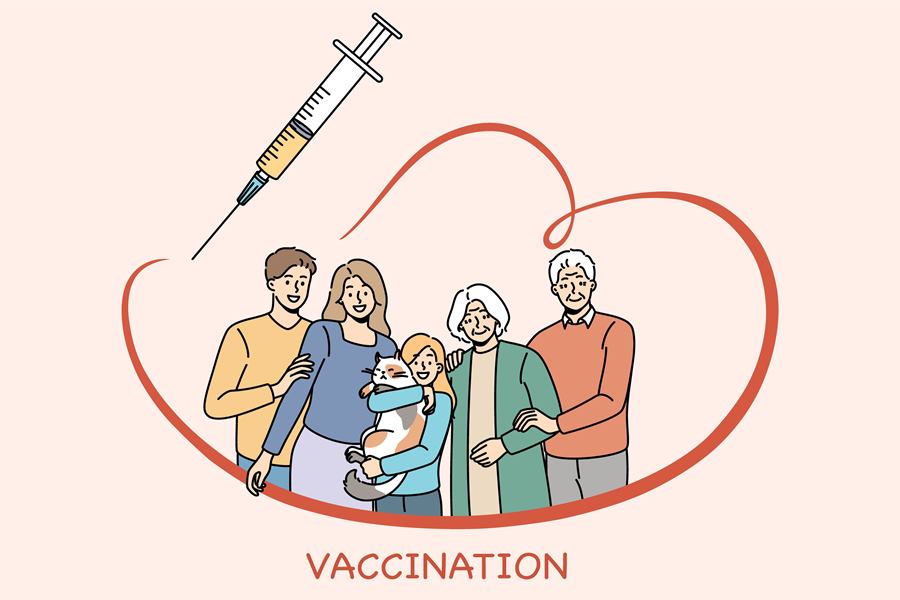Daily Busan
Stay vigilant to prevent the spread of winter viruses

With winter in full swing, cases of influenza and norovirus are surging nationwide. Additionally, measles infections have increased across Southeast Asia, Africa, Europe and the Middle East.
The following preventative measures can help protect you and your loved ones from these highly infectious illnesses.
[Stop norovirus with proper food safety]
Norovirus is a common and highly contagious virus and a leading cause of foodborne illnesses. It causes acute gastroenteritis, and infected individuals typically suffer from diarrhea, vomiting, nausea and stomach pain. Other symptoms may include fever, headache and body aches, usually lasting for one to three days.
While most people recover within a few days, young children and senior citizens may be at risk of severe dehydration.
Norovirus is transmitted through contaminated food and liquids, close contact with an infected person, especially their fecal matter and vomit, and touching contaminated surfaces. Some foods, such as shellfish and raw fruits and vegetables, are more likely to be contaminated with norovirus.
Since no vaccine is available, prevention is the best defense against norovirus. Proper precautions include:
o Frequently and thoroughly washing hands with soap and running water for at least 20 seconds.
o Thoroughly washing raw fruits and vegetables.
o Cooking food to temperatures above 62 degrees Celsius to ensure the virus is killed.
o Cleaning and sanitizing frequently touched surfaces and objects.
o Closing the toilet lid before flushing.
o Washing contaminated clothing and bedding in hot water.
[Get a measles vaccine]
Measles is a highly contagious, airborne viral disease that causes fever and a rash. There is no medical treatment for measles, so the best protection against it is to receive the measles vaccine. Anyone who hasn’t gotten the vaccine is at risk of getting it.
The most common measles symptoms include high fever, fatigue, muscle pain, conjunctivitis, cough and runny nose. A red, blotch rash also spreads from the face to the rest of the body. White spots may also appear inside the mouth.
While most people will recover with adequate rest, certain groups, such as infants and toddlers, pregnant women, and adults 20 or older, can experience complications. Serious complications include pneumonia and encephalitis, or brain inflammation.
Vaccination is extremely effective at preventing measles, and people planning to travel overseas should seriously consider getting vaccinated. However, it is best for children to receive the vaccine as part of a regular immunization schedule.
Healthcare providers recommend two doses of the measles, mumps, rubella (MMR) vaccine. The first shot is given to children when they are around 12 to 15 months old. They usually receive the second dose when they are 4 or 5.
Individuals who have never been vaccinated or only received one dose are advised to get two doses of the MMR vaccine, spaced four weeks apart, before international travel.
<Today's Vocabulary - 오늘의 단어>
surge: 급증하다 measles: 홍역 preventative measure: 예방책 infectious: 전염성 있는 acute: 급성의 gastroenteritis: 위장염 diarrhea: 설사 vomiting: 구토 nausea: 메스꺼움 severe: 심각한 dehydration: 탈수 contaminated: 오염된 frequently: 자주 thoroughly: 철저히 contagious: 전염되는 fatigue: 피로감 conjunctivitis: 결막염 adequate: 적절한 inflammation: 염증
Editor: Song Soomi
Copy Editors: Ryu Hyoseung, Anton J. Mapoy

